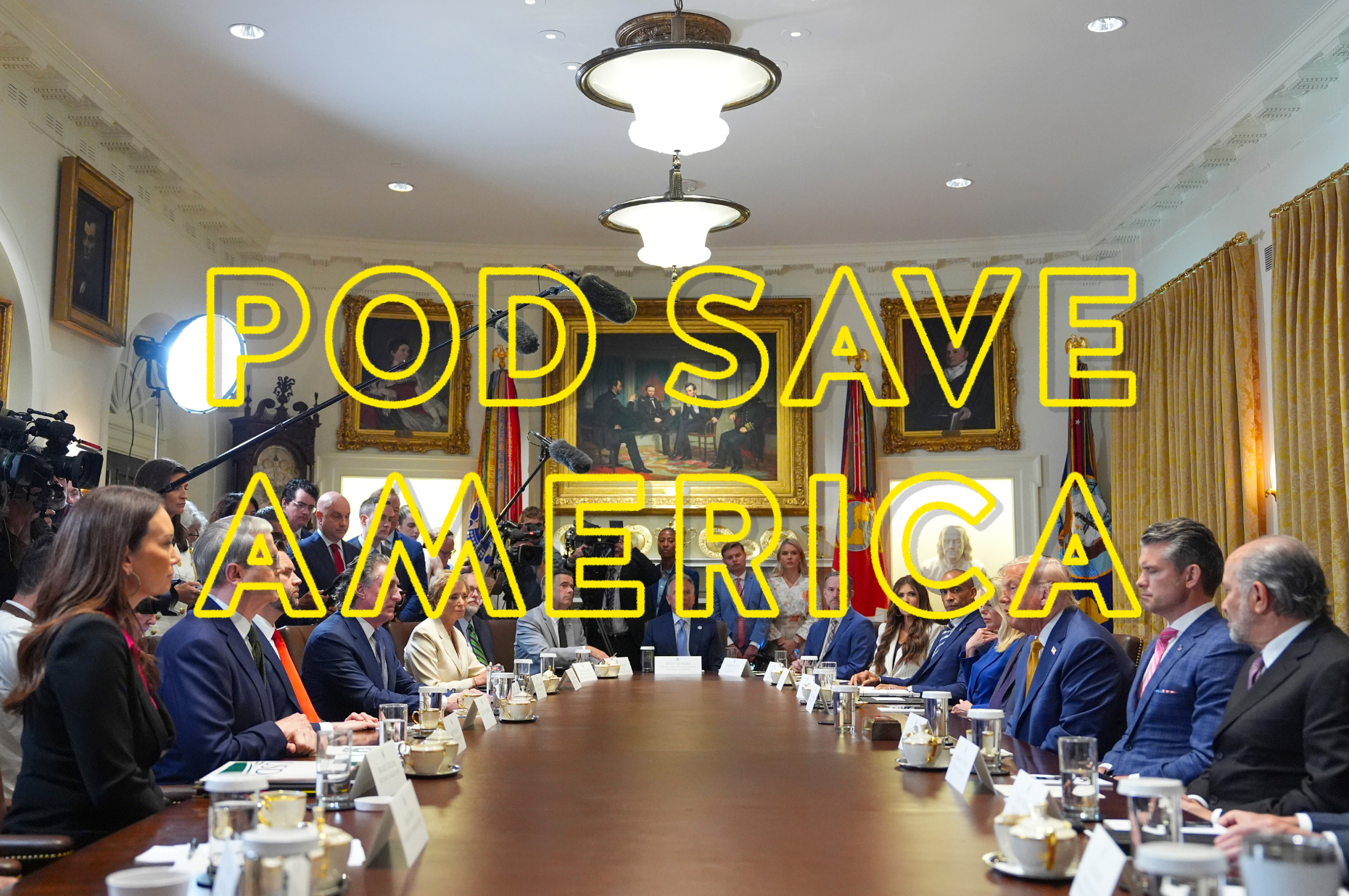
Tonight, Donald Trump and Joe Biden will face off in the first debate of the 2020 general election. It’s a major event in presidential politics, the rare kind that will draw millions of viewers, and nearly as many think pieces—both before and after—on its impact on the race. Pundits, reporters, and political hacks like me will ponder familiar questions like who has more to lose and whether the debates can change the course of a campaign.
But as someone who has helped prep many candidates and done rapid response at dozens, perhaps even hundreds of debates at a variety of levels, my main concern is not how each candidate performs, but on the media. Because at the end of the day, they have the most important institutional role to play.
Yes, the policy discussions matter. So does debate performance. I’ve spent years as a researcher, trying to make sure that my candidates would tell the truth and be able to correct every lie their opponents told. I’ve spent a lot of time in spin rooms (in the days before COVID-19, of course), trying to make sure reporters and talking heads focus less on who had the best zingers than on who made the best points. But let’s not kid ourselves: when one participant debates policy on the merits and answers questions honestly, and the other seeks only to mislead, the distinction has to be clear to news consumers, or the media will have failed.
Trump has proven willing to lie about everything. In just the past week, Trump has lied about the health impact and mortality rate of COVID-19, his own health-care plan and protection for people with pre-existing conditions. He made false claims about his policy impact on the auto industry, veterans, manufacturing and coal jobs, and lied about Obama-Biden record in these areas. He has repeatedly undermined the integrity of the election with lies about ballot counting in Pennsylvania, ballot signatures in Nevada, and yet the safety of voting by mail. He has lied about everything from the size of his crowds to Justice Ruth Bader Ginsburg’s dying wish not to be replaced on the Supreme Court until after the inauguration in January.
And this is just a sampling.
Trump’s dishonesty isn’t new, of course. Fact-checkers have had their hands full since the moment he entered politics. He has continued to shatter norms, spread conspiracy theories, and undermine efforts to contain coronavirus through this general election campaign. Too many of us, including some members of the media, have become numb to the constant lying, or flummoxed by how to handle calling out the lies when nearly all of his statements contain at least one.
But it’s never been more important for the media to find a way to do just that. Trump’s lies must be put in context, not just replayed on the assumption that voters know the truth. The outrageous claims and ridiculous conspiracy theories should be corrected, not given air time.
It’s easy to win a debate when you can say anything, promise everything, and lie about your record. But winning a debate should not be about who can tell the biggest lie with the straightest face. We know that Donald Trump and Mike Pence will win that contest every time.
For many voters, tracking the facts and the presidential campaign is far less important than figuring out how to keep their families safe from a dangerous virus, how to keep bills paid when millions have lost their jobs or their businesses, how to root systemic racism out of our institutions. Voters rely on candidates to tell the truth—and failing that, they need journalists to offer the facts so they can decide based on actual information. And if one of the two candidates seeks to systematically mislead voters, voters need journalists to tell them that, too.
That’s especially true around debates. While some are predicting record viewership, there will still be millions of voters who will view the debates largely through a media filter. That’s why it’s vital that the media do one of its most important jobs: share the facts with viewers and readers. This election is too important to be swayed by uncorrected lies.
America faces huge challenges and those challenges cannot be answered by lies and conspiracy theories. Voters deserve the truth. We’ll know soon whether the mainstream press will give it to them.
Christina Reynolds is vice president of communications at EMILY’s List, and a 25-year veteran of Democratic campaigns.


